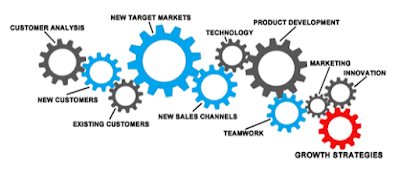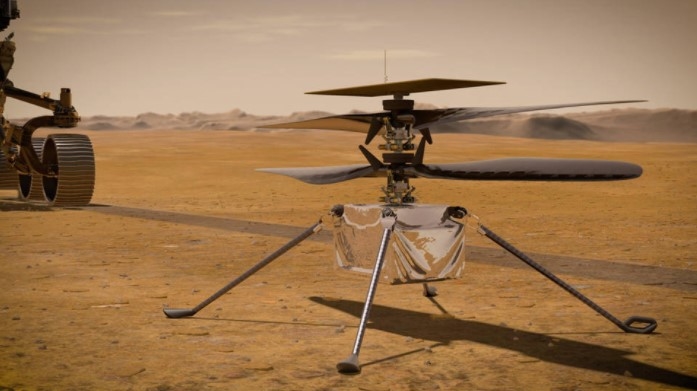When the richest men on the planet fight over bragging rights, and more, the gap between the top tier wealthy class and the rest of us is laid bare.
Lately, law suits against the US government are a battleground in the modern space race. A race based on egoism as much as loftier goals. SpaceX ( Elon Musk) and Kuiper Systems (Jeff Bezos) are before the FCC over making room in low-earth orbit (LEO) for a class of mini satellites. These firms are deploying satellite constellations in to provide broadband internet access.
Amazon.com Inc.'s satellite subsidiary, Kuiper Systems LLC, filed a blistering brief with the Federal Communications Commission, accusing Musk and his companies of flouting regulations with a general attitude that "rules are for other people."
The dispute is similar to a conflict between SpaceX and Bezos's Blue Origin LLC space company over a NASA contract to build and demonstrate a human lander system for a planned return to the moon.
In the competition to provide space services, both men have injected their own egocentric characters into the mix. Jokes about phallic space ships, derision over altitude records, and other petty insults litter what has become a playground for the rich and famous to advance their own personal brands.
A printed letter to the FCC mocked the opposition’s efforts by claiming one privileged white guy is getting more… privileges… than the other:
"Whether it is launching satellites with unlicensed antennas, launching rockets without approval, building an unapproved launch tower, or reopening a factory in violation of a shelter-in-place order, the conduct of SpaceX and other Musk-led companies makes their view plain: rules are for other people, and those who insist upon or even simply request compliance are deserving of derision and ad hominem attacks," Kuiper attorney C. Andrew Keisner wrote in a brief filed September 29, 2021.
We see other elite rich bickering:
https://www.forbes.com/sites/daviddawkins/2021/06/04/british-billionaire-family-feud-nears-an-amicable-end-as-sir-frederick-barclay-settles-ritz-hotel-bugging-scandal/
And of course Bill Gates vs Steve Jobs,
https://www.cnbc.com/2020/08/24/bill-gates-i-was-so-jealous-of-genius-steve-jobs.html
***
When Starbucks chief executive Howard Schultz dismissed Sen. Elizabeth Warren’s proposal for higher taxes on fortunes of $50 million or higher as “ridiculous,” we see how billionaires think about their place in society. Or when an audience at the World Economic Forum in Davos, Switzerland, laughed out loud at the suggestion that the super-rich should contribute more. As exemplified during a government shutdown, Commerce Secretary Wilbur Ross was baffled when federal workers went to food banks to feed their families. “I know they are, and I don’t understand why,” he said in a CNBC interview. Ross, friend of disgraced former President tRump, suggested furloughed workers take out short-term loans instead.
It’s clear these rich white men benefit from income inequality, tax cuts and special interests. Perhaps these feuds and tone deaf mutterings of the new landed gentry are really a drag in the rest of us? Is it undemocratic for the richest 1 percent in this country to control 40 percent of the nation’s wealth.m? In the 1950s, the average chief executive made 20 times more than their employees; now, chief executives earn 361 times more — about $13 million per year at the country’s top corporations. Those 2017 tax cuts? The primary benefits went to those who were already rich. And this is in one of the richest countries on the planet. Gross stratification will lead to further strife, as resentment increases about the richest people and corporations getting fatter bank accounts while most working class people are just a missed paycheck away from needing to rely on a food bank. This argument is not about marginal tax rates or an unregulated free market. It is the perspective that the game of life is rigged, and the middle class is losing.
Are billionaires contributing their fair share? That question is obscured by the playground antics of men with planetary sized egos. Nothing new … the Bezos - Musk conflict is storied; read more on this decade-long “pissing contest”:
https://www.businessinsider.com/jeff-bezos-elon-musk-rivalry-history-timeline-2020-7


















